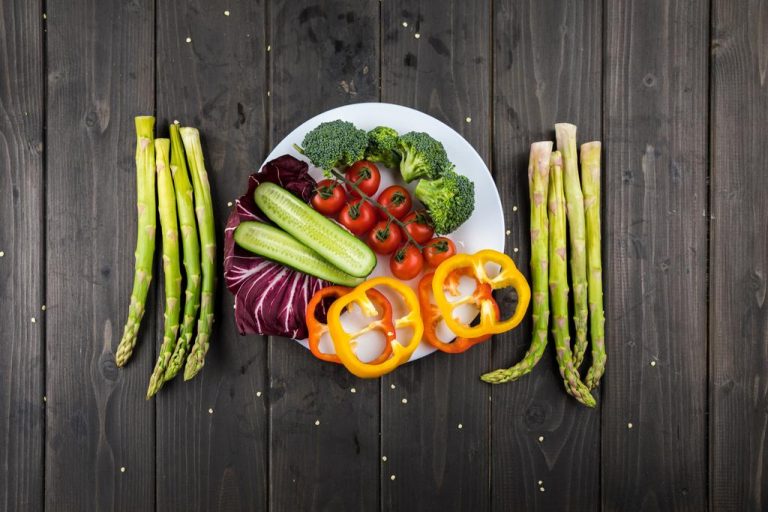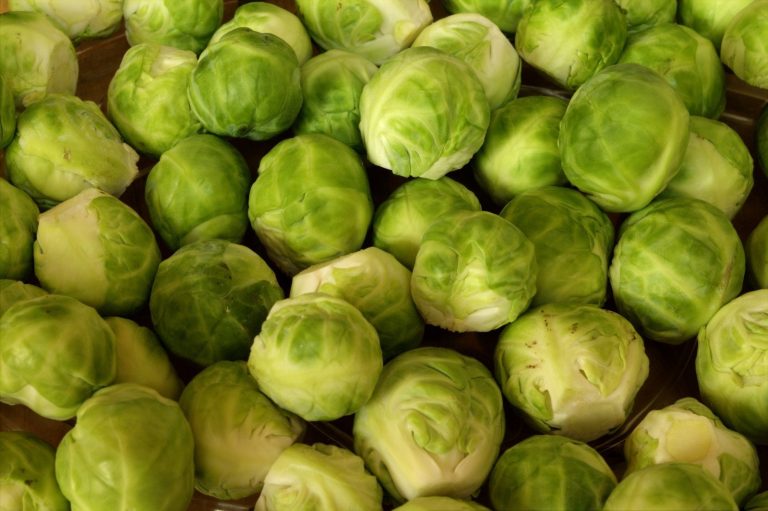As a vegetarian, do you even get all the nutrients? As a vegan, don’t you have to do without a lot? As a vegetarian, can you still…? If such questions sound familiar to you, you can find out here how to deal with them in a relaxed manner.
Your diet is your decision. And if you don’t want to talk about it, you can tell the person you’re talking to in a friendly manner. But: You can use such questions as an opportunity to arouse interest in plant-based nutrition and break down prejudices. A few general tips:
Don’t take questions as criticism. Maybe your counterpart is just curious.
Eating is an emotional issue. You will feel this when the relevant questions trigger something in you. Nevertheless, always remain factual, avoid accusations and do not appear “proselytizing” – this is how your arguments reach your counterpart best.
The principles of so-called non-violent communication help to formulate concerns clearly and precisely and promote a successful exchange.
For the other person, too, your own diet is probably an emotional matter. Therefore, good arguments do not necessarily lead to a change of mind. And even if a person has a positive opinion about sustainable eating, they still may not act on it: this phenomenon, where good intentions and actual action diverge, is known as the attitude behavior gap.
However, if you make good arguments, treat others with respect, and are patient, you may see an increase in interest in your lifestyle over the coming weeks, months, or years. The following sections provide ideas for answers to common questions.
Why do you have to eat veggie schnitzel?!
Not all vegetarians eat veggie schnitzel and not all meat eaters despise tofu sausage. And of course nobody has to eat tofu mince and vegan sausages. You can eat very well vegetarian or vegan without meat-like alternatives. However, if you enjoy the hearty taste or the meaty texture, you don’t have to do without it.
Incidentally, language has a major impact on whether things are perceived as desirable. If you’re trying to convince someone to try a vegetarian product, describe it in a way that gets them interested. If you think it’s “super delicious”, don’t hide it behind a shy “tastes pretty good too”.
It’s still harder for vegans to live healthy, right?
Of course, vegans (and to a certain extent vegetarians too) have to take a close look at nutrients and supplement certain substances such as vitamin B12. Meat eaters tend to be less concerned about their diet, but that too comes with risks:
According to the consumer center, men consume on average almost twice as much meat as recommended. Women are at the highest recommended limit with an average of 600 grams. High meat consumption can have health consequences: For example, scientists at the World Health Organization (WHO) classify processed meat products such as salami, ham or sausages as “carcinogenic”. Unprocessed red meat is considered “probably carcinogenic”. The risk depends heavily on how much of it you eat.
Note: Sensitive groups such as children, pregnant women and the elderly must pay particular attention to their diet. If you are unsure whether a diet is right for you, seek medical advice.


















